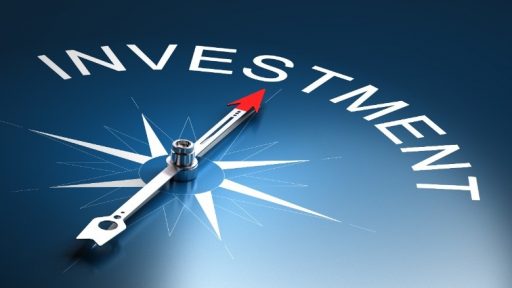- Home
- >
- Psychology of the successful trading
- >
- Three timeless advice in investing by Benjamin Graham

Three timeless advice in investing by Benjamin Graham

Warren Buffett is widely considered one of the greatest investors of all time, but if you were to ask him whom he thinks is the greatest investor, he would probably mention one man: his teacher, Benjamin Graham. Graham was an investor and investing mentor who is generally considered the father of security analysis and value investing.
His ideas and methods on investing are well documented in his books "Security Analysis" (1934) and "The Intelligent Investor" (1949), which are two of the most famous investing texts. These texts are often considered requisite reading material for any investor, but they aren't easy reads. In this article, we'll condense Graham's main investing principles and give you a head start on understanding his winning philosophy.
Principle #1: Always Invest with a Margin of Safety
Margin of safety is the principle of buying a security at a significant discount to its intrinsic value, which is thought to not only provide high-return opportunities, but also to minimize the downside risk of an investment. In simple terms, Graham's goal was to buy assets worth $1 for 50 cents. He did this very, very well.
To Graham, these business assets may have been valuable because of their stable earning power or simply because of their liquid cash value. It wasn't uncommon, for example, for Graham to invest in stocks where the liquid assets on the balance sheet (net of all debt) were worth more than the total market cap of the company (also known as "net nets" to Graham followers). This means that Graham was effectively buying businesses for nothing. While he had a number of other strategies, this was the typical investment strategy for Graham.
This concept is very important for investors to note, as value investing can provide substantial profits once the market inevitably re-evaluates the stock and ups its price to fair value. It also provides protection on the downside if things don't work out as planned and the business falters. The safety net of buying an underlying business for much less than it is worth was the central theme of Graham's success. When chosen carefully, Graham found that a further decline in these undervalued stocks occurred infrequently.
Principle #2: Expect Volatility and Profit from It
Investing in stocks means dealing with volatility. Instead of running for the exits during times of market stress, the smart investor greets downturns as chances to find great investments. Graham illustrated this with the analogy of "Mr. Market," the imaginary business partner of each and every investor. Mr. Market offers investors a daily price quote at which he would either buy an investor out or sell his share of the business. Sometimes, he will be excited about the prospects for the business and quote a high price. Other times, he is depressed about the business's prospects and quotes a low price.
Because the stock market has these same emotions, the lesson here is that you shouldn't let Mr. Market's views dictate your own emotions, or worse, lead you in your investment decisions. Instead, you should form your own estimates of the business's value based on a sound and rational examination of the facts. Furthermore, you should only buy when the price offered makes sense and sell when the price becomes too high. Put another way, the market will fluctuate, sometimes wildly, but rather than fearing volatility, use it to your advantage to get bargains in the market or to sell out when your holdings become way overvalued.
Principle #3: Know What Kind of Investor You Are
Graham advised that investors know their investment selves. To illustrate this, he made clear distinctions among various groups operating in the stock market.
Active vs. Passive
Graham referred to active and passive investors as "enterprising investors" and "defensive investors."
You only have two real choices: the first choice is to make a serious commitment in time and energy to become a good investor who equates the quality and amount of hands-on research with the expected return. If this isn't your cup of tea, then be content to get a passive (possibly lower) return, but with much less time and work. Graham turned the academic notion of "risk = return" on its head. For him, "work = return." The more work you put into your investments, the higher your return should be.
Speculator vs. Investor
Not all people in the stock market are investors. Graham believed that it was critical for people to determine whether they were investors or speculators. The difference is simple: an investor looks at a stock as part of a business and the stockholder as the owner of the business, while the speculator views himself as playing with expensive pieces of paper, with no intrinsic value. For the speculator, value is only determined by what someone will pay for the asset. To paraphrase Graham, there is intelligent speculating as well as intelligent investing; the key is to be sure you understand which you are good at.
Source: Investopedia
 Varchev Traders
Varchev Traders Read more:
If you think, we can improve that section,
please comment. Your oppinion is imortant for us.











